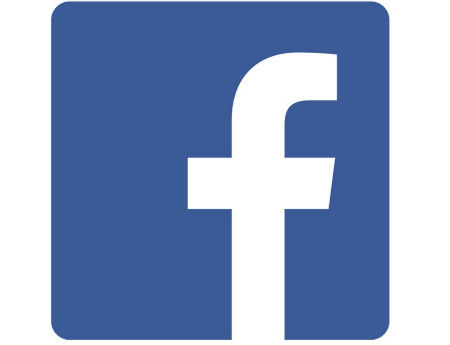Facebook Expands Hate Speech Definition

The smarter way to stay on top of the multichannel video marketplace. Sign up below.
You are now subscribed
Your newsletter sign-up was successful
Facebook has decided to classify white nationalism and white separatism as hate speech, just as it does white supremacy, and will even proactively re-route people who search for such terms to a sort of haters anonymous group.
"Today we’re announcing a ban on praise, support and representation of white nationalism and separatism on Facebook and Instagram, which we’ll start enforcing next week," the company said Wednesday (March 27). "It’s clear that these concepts are deeply linked to organized hate groups and have no place on our services. We didn’t originally apply the same rationale to expressions of white nationalism and separatism because we were thinking about broader concepts of nationalism and separatism – things like American pride and Basque separatism, which are an important part of people’s identity.
"But over the past three months our conversations with members of civil society and academics who are experts in race relations around the world have confirmed that white nationalism and separatism cannot be meaningfully separated from white supremacy and organized hate groups."
Facebook said it was going beyond excluding such speech: "[W]e’ll also start connecting people who search for terms associated with white supremacy to resources focused on helping people leave behind hate groups."
In the wake of the New Zealand shootings--Facebook has been sued over the video of the shooting posted to the platform--President Donald Trump said he did not see white nationalism as a rising threat.
One of the civil rights groups who urged Facebook to make the change saw it quite differently.
"There is no defensible distinction that can be drawn between white supremacy, white nationalism or white separatism in society today," said Kristen Clarke, president and executive director of Lawyers’ Committee for Civil Rights Under Law, which has been pushing for that recognition. "By maintaining this distinction, Facebook ended up providing violent racists a platform that could be exploited to promote hate. While we are pleased that Facebook is taking long overdue action, we know well that communities are still reeling from the rise in hate and racially motivated violence, and that extensive remedial action must be taken to ensure that hate is eliminated root and branch across the platform."
The smarter way to stay on top of the multichannel video marketplace. Sign up below.
Last May, Motherboard published a story about Facebook training materials that showed the company drew a distinction between white supremacy, separatism, and nationalism, prompting the Committee to launch a campaign to get Facebook to classify them all as hate speech.
Edge providers and other tech companies have been on the hot seat on Capitol Hill over everything from fake news, hate speech, and data sharing, to breaches and charges of bias against conservatives.
Social media platforms have a tough task in both addressing Hill complaints that they don't sufficiently police their content and complaints that they censor it.
For example, Facebook points out in its guidelines that "sometimes people share content containing someone else’s hate speech for the purpose of raising awareness or educating others. In some cases, words or terms that might otherwise violate our standards are used self-referentially or in an empowering way."
Facebook allows the content in those cases, but says it "expects people to clearly indicate their intent."
Social media have a liability carve-out in the Communications Decency Act for the third-party content posted on their platforms, but legislators from both sides are rethinking that.
“Color Of Change alerted Facebook years ago to the growing dangers of white nationalists on its platform, and today, we are glad to see the company’s leadership take this critical step forward in updating its policy on white nationalism," said Color of Change President Rashad Robinson. "We look forward to continuing our work with Facebook to ensure that the platform’s content moderation guidelines and training properly support the updated policy and are informed by civil rights and racial justice organizations."
Robinson said the others should follow that lead. "Facebook’s update should move Twitter, YouTube, and Amazon to act urgently to stem the growth of white nationalist ideologies, which find space on platforms to spread the violent ideas and rhetoric that inspired the tragic attacks witnessed in Charlottesville, Pittsburgh, and now Christchurch," he said.
Contributing editor John Eggerton has been an editor and/or writer on media regulation, legislation and policy for over four decades, including covering the FCC, FTC, Congress, the major media trade associations, and the federal courts. In addition to Multichannel News and Broadcasting + Cable, his work has appeared in Radio World, TV Technology, TV Fax, This Week in Consumer Electronics, Variety and the Encyclopedia Britannica.

